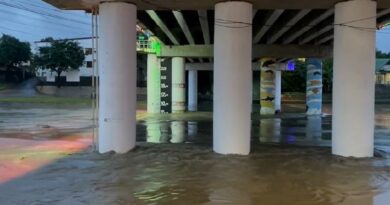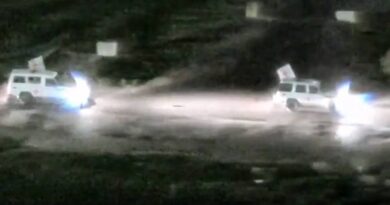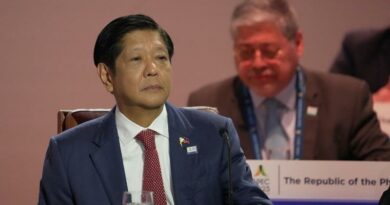Philippines’ cybersecurity a major problem, says Babe Romualdez
Philippine Ambassador to the United States Jose Manuel “Babe” Romualdez said growing threats to the cyber security need urgent action to bolster the country’s defenses.
“Many of our communication systems, our emails, and our telephones, and all kinds of communications are now severely compromised. That is the real issue there,” Romualdez said.
The ambassador visited Manila to meet with President Ferdinand Marcos Jr. and discuss the urgent need to protect the cybersecurity of the Philippines while also safeguarding its sovereignty in the West Philippine Sea.
“We have to now band together, making sure that no one country can ever, ever take over our country. If we do not do anything about it, then we will lose our country. But we are doing something about it. That’s the good part,” he said.
Romualdez said Marcos is aware of the cybersecurity problem and that experts are being brought in to assess the situation and enhance the security measures.
Joint patrol
The envoy also announced that the United States is waiting for the go signal from the Philippines to proceed with the long-discussed joint patrol operations in the West Philippine Sea.
“The United States has already prepared the plan as far as the participation of the United States. They are just waiting now for our National Defense to give the go signal or if there are any new conditions in terms of engagements,” he said.
However, Romualdez said that the Philippines is not only in talks with the United States but also with other countries such as Vietnam.
Despite claiming some parts of the South China Sea, Vietnam is open to the possibility of joint patrol operations with the Philippines to ensure that the area remains free from dominance by any country.
Romualdez mentioned ongoing discussions with Japan and South Korea as well.
One of the aims of the joint patrol operations is to monitor the seas within the Philippines’ Exclusive Economic Zone, especially since the government is targeting the establishment of gas fields in the West Philippine Sea.
The area is known to be rich in natural gas and oil, particularly near locations where Chinese militia ships are present, as well as areas close to Philippine resupply missions.
Code of Conduct
Meanwhile, China’s ambassador to the Philippines, Huang Xilian, expressed China’s willingness to cooperate and accelerate discussions on the Code of Conduct (COC) in the area.
He stated that China is committed to achieving a COC in accordance with the United Nations Convention on the Law of the Sea.
Romualdez cautiously welcomed this statement but stressed the importance of seeing actions rather than just words from China.
“The bottom-line is we have the legal right to all of these areas that are being questioned by countries like China,” he said
“If they seriously want to talk to us and recognize the arbitral award and our territorial waters, then we have something to talk about. But if they keep on pushing us and telling us that ‘it’s not yours, it is ours, and we have to ask permission from them,’ then there’s nothing to talk about,” Romualdez said.–LDF, GMA Integrated News




